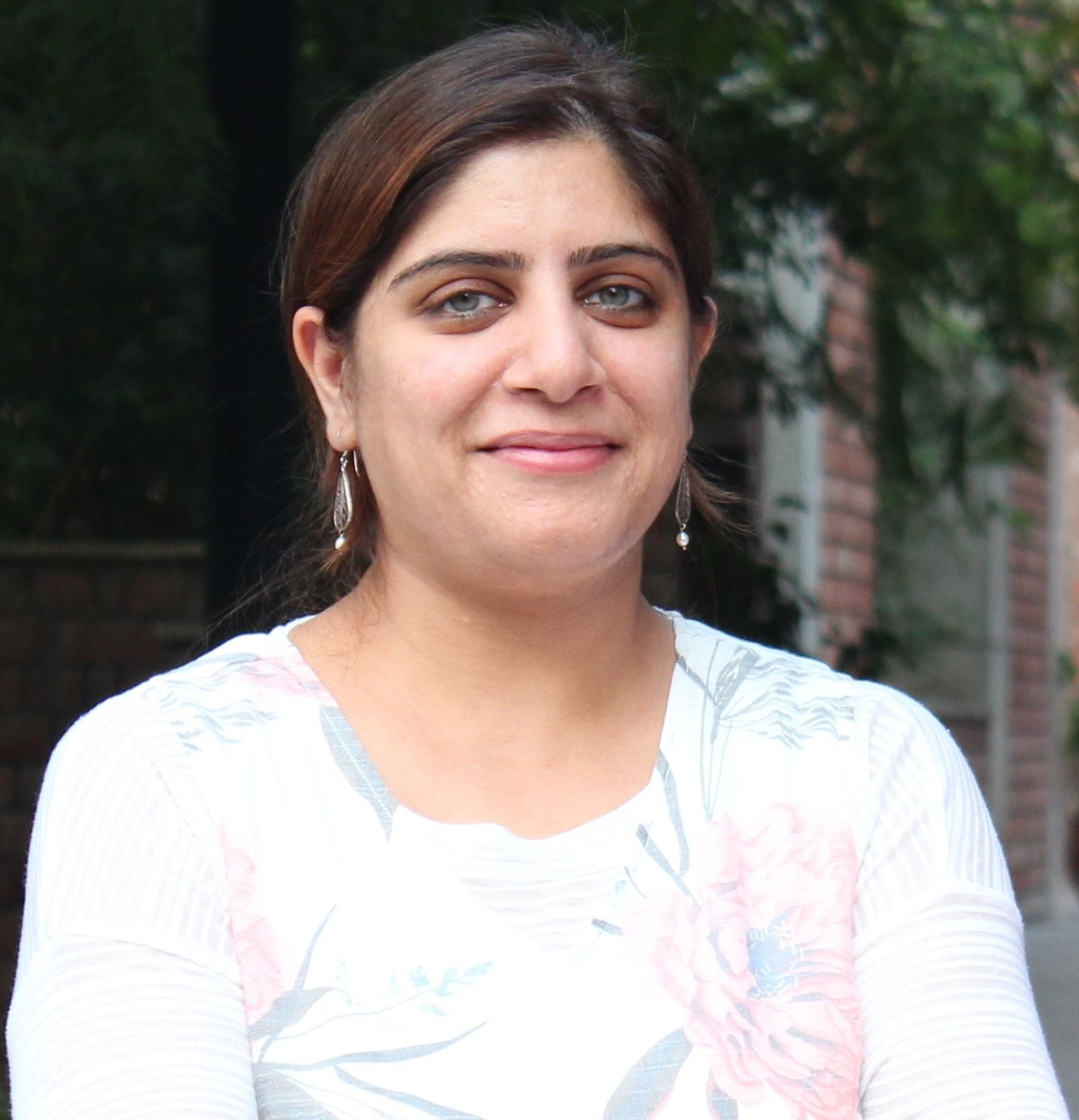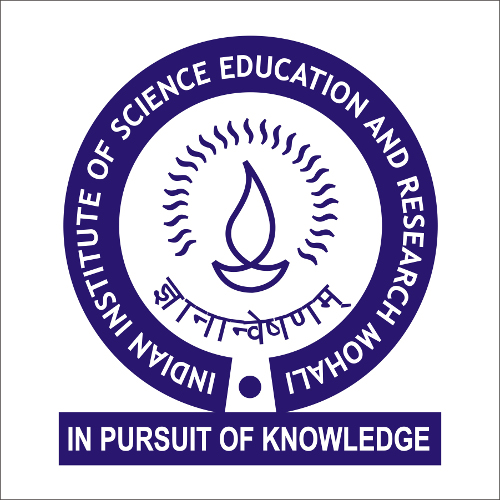Research Focus
In real estate, the golden rule is “location, location, location." Indeed, the same analogy also applies to our cells, where the proper location of cellular macromolecules, such as proteins, is crucial for the functioning of the smallest unit of life. My research group primarily focuses on understanding the transport of newly synthesized proteins and lipids to lysosomes. Lysosomes are membrane-bound organelles present in eukaryotes that receive and degrade macromolecules from the endocytic, autophagic, and phagocytic membrane trafficking pathways. Besides their normal degradative function, lysosomes are involved in mediating various physiological processes, including cholesterol homeostasis, plasma membrane repair, antigen presentation, and microbial killing. Indeed, lysosomes play a vital role in our survival, as reflected by more than 70 lysosomal storage diseases caused by defects in the functioning of this organelle. Recent findings suggest that lysosome dysfunction is associated with more common human diseases, such as cancer, neurodegenerative disorders, and obesity.
Previous studies from my laboratory have uncovered the role of the small GTP-binding protein Arl8b, a member of the Arl (Arf-like) family of small GTPases, in regulating lysosomal motility and fusion with other compartments. Upon GTP-binding, small GTPases like Arl8b recruit downstream tethering factors to intracellular membranes, which permit vesicle docking and fusion with the target membranes. Arl8b recruits the multisubunit tethering factor HOPS (HOmotypic fusion and vacuole protein sorting) complex on lysosomes. The HOPS complex is essential for cargo delivery and degradation in lysosomes. Human patients lacking a functional HOPS complex have a highly reduced lifespan and show respiratory problems and mental retardation.
We are also studying how intracellular bacterial pathogens use the host cell transport system to proliferate and survive. For instance, our previous study showed that Salmonella typhimurium, the causative agent of Salmonellosis, the most frequently reported cause of food-related illness, uses the host cell's lysosomal proteins for its intracellular growth and survival. This study has important implications for salmonellosis treatment as it identifies novel targets for drug development.
Given that many diseases result from defects in the lysosomal trafficking pathway and that the normal functioning of the lysosome is critical for immunity against a wide variety of pathogens, our research will answer a key question of how lysosomal trafficking and function are regulated by Arl8 and its effectors.
|
|
Selected Publications
- Shalini Rawat, Dhruba Chatterjee, Rituraj Marwaha, Gitanjali Charak, Gaurav Kumar, Shrestha Shaw, Divya Khatter, Sheetal Sharma, Cecilia de Heus, Nalan Liv, Judith Klumperman, Amit Tuli, and Mahak Sharma*. RUFY1 binds Arl8b and mediates endosome-to-TGN CI-M6PR retrieval for cargo sorting to lysosomes. *Corresponding author. Journal of Cell Biology, 2;222(1):e202108001 (2023).
The findings of this research were highlighted by the Wellcome Trust/DBT India Alliance (https://www.indiaalliance.org/news/research-lysosomal-dysfunction) and in online news media blog Biopatrika (https://biopatrika.com/vigyan-patrika/rufy1-a-sorting-station-of-endolysosomal-system/).
- Gaurav Kumar, Prateek Chawla, Neha Dhiman, Sanya Chadha, Sheetal Sharma, Kanupriya Sethi, Mahak Sharma & Amit Tuli. RUFY3 links Arl8b and JIP4-Dynein complex to regulate lysosome size and positioning. Nat Commun 13, 1540 (2022). https://doi.org/10.1038/s41467-022-29077-y
- Devashish Dwivedi, Amrita Kumari, Siddhi Rathi, Sivaram V.S. Mylavarapu and Mahak Sharma*. The dynein adaptor Hook2 plays essential roles in mitotic progression and cytokinesis. *Corresponding author. Journal of Cell Biology, 218(3):871-894 (2019) [Featured on journal cover]. This research article was featured on the cover of Journal of Cell Biology.
- Amit Tuli* and Mahak Sharma*. How to do business with lysosomes: Salmonella leads the way. *Co-corresponding author. Current Opinion in Microbiology, 47:1-7 (2019) DOI: 10.1016/j.mib.2018.10.003
- Aastha Sindhwani, Subhash B. Arya, Harmeet Kaur, Divya Jagga, Amit Tuli and Mahak Sharma*. Salmonella exploits the host endolysosomal tethering factor HOPS complex to promote its intravacuolar replication. *Corresponding author. PLOS Pathogens, 13(10):e1006700. DOI: 10.1371/journal.ppat.1006700 (2017).
- Rituraj Marwaha and Mahak Sharma*. DQ-Red BSA trafficking assay in cultured cells to assess cargo delivery to lysosomes. *Corresponding author. Bio-protocol, 7(19): e2571. DOI: 10.21769/BioProtoc.2571 (2017).
- Rituraj Marwaha, Subhash B. Arya, Divya Jagga, Harmeet Kaur, Amit Tuli*, and Mahak Sharma*. The Rab7 effector PLEKHM1 binds Arl8b to promote cargo traffic to lysosomes. *Co-corresponding author. Journal of Cell Biology, 216(4):1051-1070 (2017). This research article was selected as “top 10 articles of 2017” and featured in special issue "Year in Cell Biology: 2017" by the Journal of Cell Biology.
- Divya Khatter, Vivek B. Raina, Devashish Dwivedi, Aastha Sindhwani, Surbhi Bahl, and Mahak Sharma*. The small GTPase Arl8b regulates assembly of the mammalian HOPS complex to lysosomes. *Corresponding author. Journal of Cell Science, 128(9):1746-1761 (2015).
|

